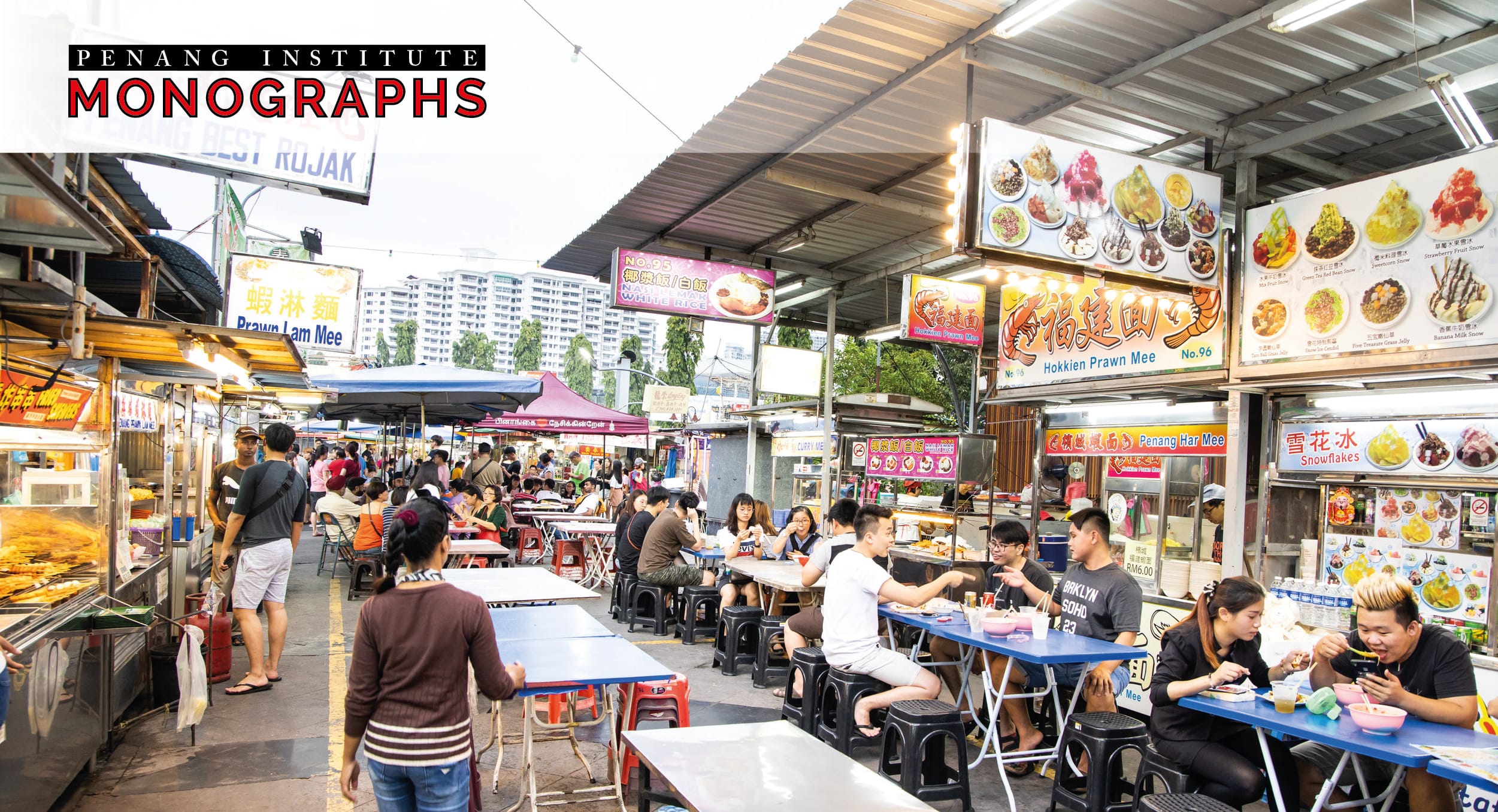EXECUTIVE SUMMARY
-
- Penang Institute interviewed 31 hawkers from 18 July to 1 Aug 2021 to understand the challenges they face amid Covid-19, in terms of economic and health impacts, and their engagement with government assistance.
- All except one hawker reported a drop in profit. Hawkers selling non-edibles and those with higher dependence on tourists were more affected. With digital adoption, hawkers were able to prevent huge losses, at the least, or even see an increase in profit.
- Financial issues were the hawkers’ main source of worry, affecting their mental health. While most had mechanisms for coping, a minority did not have any support in place.
- Hawkers had low engagement with government assistance schemes executed under Covid-19, except those that disbursed cash. The main barriers preventing uptake included not knowing how to apply for schemes, high cost in time and effort, ineligibility and lack of usefulness of the aid initiatives.
- Text-messaging platforms and official government Facebook groups were the two most preferred channels for receiving information related to government assistance.
- Although most hawkers rated the cash assistance as helpful, this was not sufficient in the long term.
- This study recommends seven measures to help mitigate the challenges faced by hawkers:
a. Modernise wet markets and hawker premises from public health aspects;
b. Offer discounted rental rates for hawkers in local council premises;
c. Provide government aid for online advertisements;
d. Conduct mass disinfection in systematic and committed ways;
e. Implement measures to build back customer confidence;
f. Establish a one-stop centre to facilitate government aid application processes and information dissemination; and
g. Support mental health providers through funding and training.
Introduction
The Covid-19 pandemic has adversely affected hawker businesses in Malaysia. With multiple lockdowns implemented in different stages, market and street hawkers suffered reduced income, restricted opening hours and logistics constraints. Should such conditions continue into 2022, more and more in this group will end up with significantly poorer income. It is timely therefore to understand the extent of the challenges that hawkers have had to battle with.
A case study was thus carried out by Penang Institute to examine the socio-economic and health impacts of the pandemic on hawkers on Penang Island. Specifically, this report (1) discusses issues faced by hawkers during the pandemic; (2) explores mental health among the hawkers; (3) evaluates hawkers’ coping mechanisms alongside engagement with government assistance; and (4) proposes recommendations on how to better equip hawkers and enhance government preparedness for future pandemics.
You might also like:
![Plotting a Functional Typology for Government Agencies]()
Plotting a Functional Typology for Government Agencies
![Penang Economic Outlook 2021: Uneven Growth Expected across Sectors]()
Penang Economic Outlook 2021: Uneven Growth Expected across Sectors
![Using Carbon Pricing to Support Sustainable Development in Malaysia]()
Using Carbon Pricing to Support Sustainable Development in Malaysia
![Covid-19: Extra Support Needed for Refugees in Malaysia and the Region]()
Covid-19: Extra Support Needed for Refugees in Malaysia and the Region
![The Business and Economic Impact of Covid-19 on Penang’s Manufacturing Sector]()
The Business and Economic Impact of Covid-19 on Penang’s Manufacturing Sector








